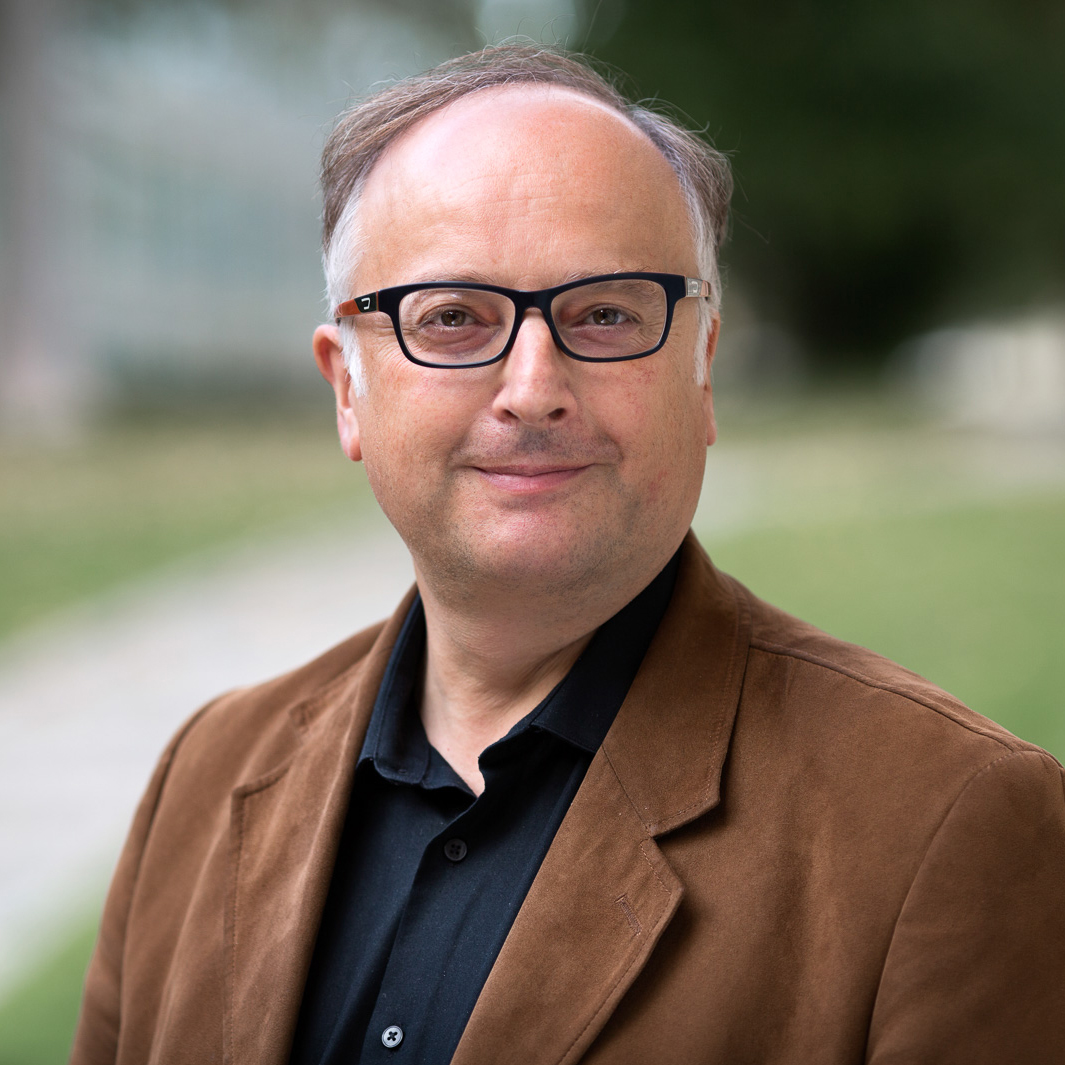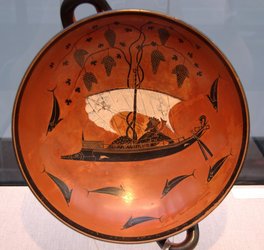
The study of the ancient Mediterranean and Near East has witnessed an explosion of new data and approaches over the past generation. While some historical narratives have also changed to reflect this, many old, outdated narratives continue. A case in point concerns the pre-Roman western Mediterranean between the 9th and 3rd centuries BC, especially Italy, its later historical centre. These centuries witnessed the conjoining of immigrant cultures and economies from the eastern Mediterranean (particularly Greeks and Phoenicians) with indigenous cultures of the western Mediterranean (particularly Etruscans and Sardinians). Modern scholarship has long been dominated by the view that the immigrants encountered a backwards western Mediterranean, and that the supposedly more sophisticated newcomers transferred their advanced cultures and economies to them. This resulted in the western Mediterranean’s emergence from the ‘Dark Age’ and laid the basis for its later historical success, including the Roman Empire. In the last generation, another view has challenged this narrative, thanks to the growth and interpretation of archaeological data in the western Mediterranean. More careful and systematic analyses have begun, without automatically attributing developments to Eastern Mediterranean origins. My research at AIAS will involve writing a new book re-examining this whole question.
Project title:
Conjoining Cultures and Economies in the Pre-Roman Western Mediterranean
Area of research:
Ancient Mediterranean History
Fellowship period:
1 Oct 2018 – 30 Sep 2019
Fellowship type:
AIAS-COFUND II Marie Skłodowska-Curie fellow

This fellowship has received funding from the European Union’s Horizon 2020 research and innovation programme under the Marie Skłodowska-Curie grant agreement No 754513 and The Aarhus University Research Foundation.


Interior View of “Dionysos Cup” by Exekias, found at Vulci, Etruria, ca. 540-530 BCE.